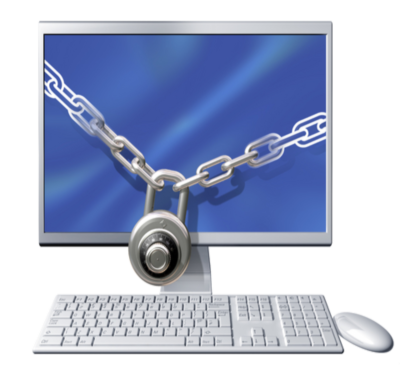
So …. so…. so many headaches can be avoided if the proper precautions are taken with respects to computer security. The funny thing is that they’re really not that complicated and don’t take that much time. There are actually a number of areas to cover here so I’ve grouped them into individual articles below.
Using Common Sense
Among all of the things that you can do to secure yourself on the internet, probably the easiest one is to use your common sense. The old adage about “if something sounds too good to be true, then it probably is” reigns supreme here.
Is someone really going to pay you $100 just for liking their Facebook page – probably not.
Do you have a long lost relative… a millionaire nonetheless – whom the Nigerian government is desperately trying to find you… the only heir to their fortune… so they can give you all of his cash – probably not.
Is Microsoft calling you personally to inform you that they’ve noticed that your computer is running slow and they would be glad to help you get it fixed right up… and all you have to do is give them access to your PC – definitely not.
The above samples are just a very few of some of the more popular scams that make their way around the internet and ultimately into your home. They come… they go and lately they’ve come around again. If you gut tells you that something doesn’t seem right, then it most likely isn’t right. The again… you can always Google it to see what information is “out there”. Google “microsoft calling to fix your computer” and you’ll learn quite quickly that this is a scam that you can cost you some serious money.
Take a minute, think it through and check it out before you fork over cash or allow access to your computer by someone you don’t know.
Be careful what you click on
We all receive emails that contain links… links which may promise to take us to web sites which “appear to be legit” but which in actuality be made to look just like the legitimate site but designed to hijack your information. Only click on links from trusted sources. When you receive an email with a link inside – for example, maybe an email that you received from your bank, asking you to log in and verify your information, it would be better to log directly into your bank’s web site than to click and follow the link within the email. In that manner, you’ll be going where you want to go and not where the link in the email wants to take you.
Keep your PC AND anti-virus software up to date
Whether you have purchased an antivirus software subscription or whether your using one of the well rated free antivirus software programs out there or even the version which may have come with your operating system, it’s important to keep it up to date. New viruses are being churned out every day and the good antivirus software companies are working diligently to update their software to handle these new baddies. This hardly will do you any good, however, if you don’t keep your software up to date. The same goes for your computer’s operating system… be that Windows, OS X or Linux. On almost a weekly basis, generally on Tuesdays, Microsoft publishes updates to their Windows software which generally will include patches to fix security vulnerabilities which have been discovered.
If you don’t want to hassle with having to remember to keep your antivirus and operating system updated, you can generally set the software up to check for itself thereby taking the responsibility off your shoulders.
